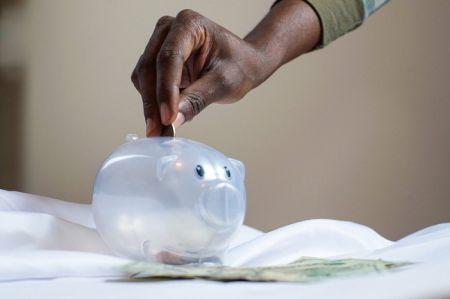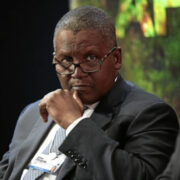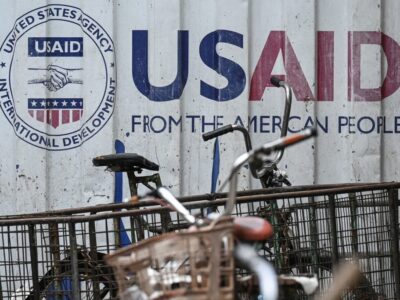
(Ecofin Agency) – The two companies selected for the contract will assess household savings in the region, suggest reforms to mobilize savings in rural and remote areas as well as promote the development of long-term financial products.
The Moroccan arm of FINACTU International Group, a consulting firm specializing in the development of financial sectors in emerging countries, and Dakar-based financial services provider CGF Bourse will assist BEAC (Cemac’s central bank) in implementing a savings activation plan.
In the contract award notice, the BEAC explains that the household savings activation plan is expected to help CEMAC countries “deepen capital markets for the larger and more diversified private sector and state financing” in a post-pandemic context where they are increasingly resorting to market resources.
The two selected firms will assess the ratio and structure of household savings in the subregion and suggest reforms aimed at encouraging households to acquire new financing products. The reforms will also facilitate the introduction of digital tools that will help mobilize savings, policies, and programs that will attract savings in rural areas and from the informal sector as well as tax provisions that will favor the development of long-term savings products.
The project is financially backed by the African Development Bank (AfDB). It is part of the second phase of the Cemac unified market project launched in July 2019 to, among other things, develop a program to structure medium-term savings and adapt it to CEMAC countries’ financing needs and investors’ behavior.
FINACTU and CGF Bourse will have three months to provide answers to structural challenges related to how household savings can help deepen the regional capital market. The first of these challenges is the low ratio of household savings. According to the BEAC 2021 annual report, the region’s household savings ratio was about 25.5 percent of GDP, down from 27.2 percent in 2018. Cameroon also accounted for a sizeable share of those savings.
A critical issue in the preliminary assessment will be whether Covid-19 and inflation dynamics have had a positive or negative impact on these savings. Moreover, it is not certain that communication or awareness campaigns will be enough to convince the owners of those savings to invest in financial products that remain elitist and not easily understandable for people who accumulated their earnings in the real economy.










Comments